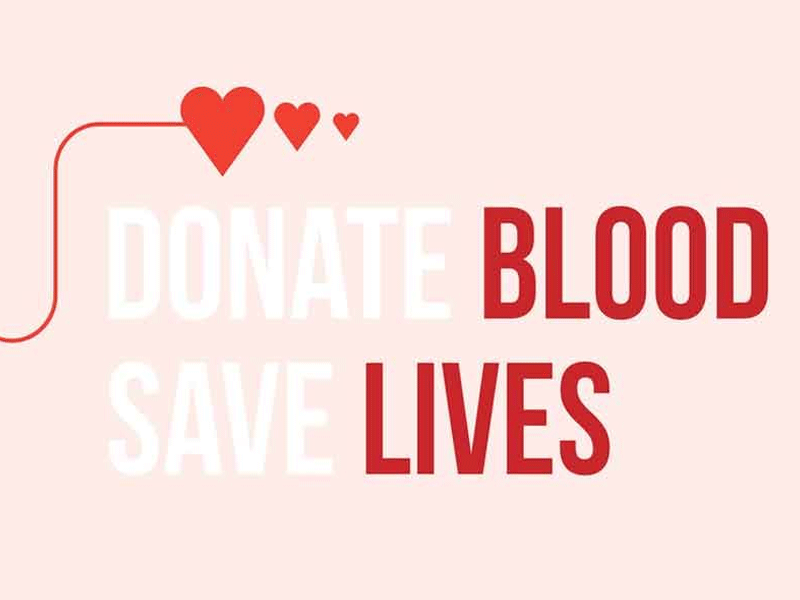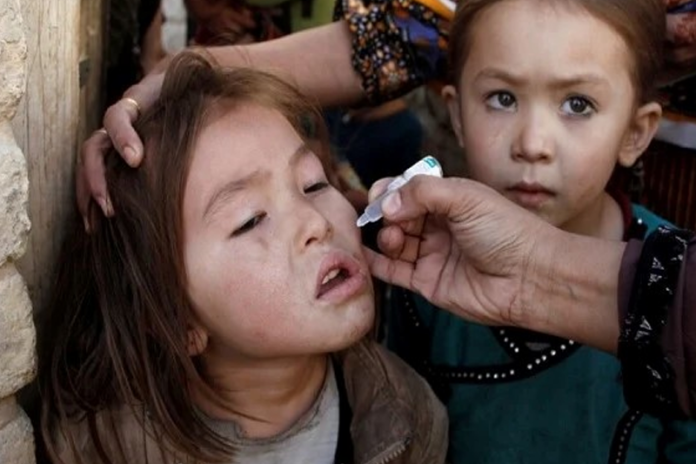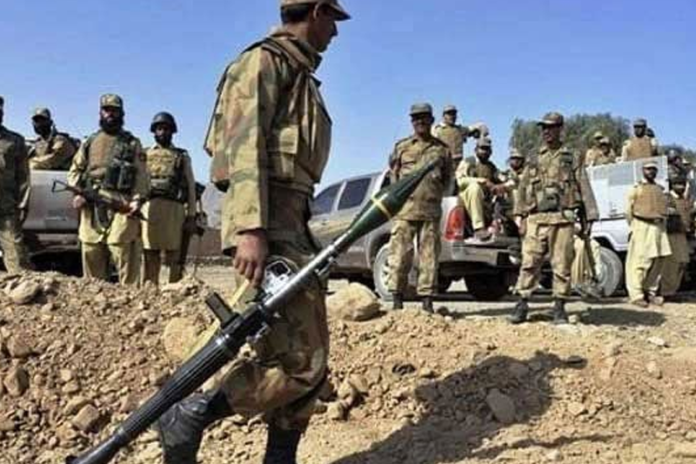Blood donation saves precious lives

- 251
- 0
Blood is the basic component of the human body. The use of blood and blood components is of fundamental importance in saving human lives and there is no artificial system or process other than the human body through which even a single drop of blood can be made.
That's why this year the theme of this day is "Donate blood, give plasma, share life, share often". The main objective of this day is to donate blood and also to donate a blood component. The purpose of World Blood Donor Day is to create awareness of donating blood among people.
Donated blood saves the lives of people in need. On this day every year, the June is being celebrated as Blood donation day in connection with the deed of the Nobel prize winning scientist (Carl Landseitz) (June 14, 1868) who discovered the A, B, O blood grouping system, which led to the first successful blood transfusion experiment by Reuben Attenberg in 1907. Every healthy person can donate blood after three months. According to scientific research, it is a natural process that red blood cells are depleted or lost within 90 to 120 days, so why not donate them so that precious human lives can be saved.
According to an estimate, 112.5 million bags of blood are collected in the world every year. 47% of this blood is collected in developing or underdeveloped countries. Experts also say that in 57% of the countries in the world, 100% blood Compensation is taken from the people who donate. From one bag of blood donated, three components are prepared which are administered to the patients of thalassemia, hemophilia and blood cancer and thus three human lives are saved by donating one bag of blood. There is a Qur'anic verse, "And whoever saves a life, it will be as if they saved all of humanity."
Pakistan needs approximately 8000 bottles of blood every day, while only one percent of the total population donates blood, which is insufficient, while 60% of the donated blood is used by children with anemia, and the rest is donor blood. It is used during many medical complications, natural disasters and surgical procedures. To increase the number of donors, it is necessary to conduct awareness campaigns on print, electronic and social media and seminars to increase the trend of blood donation. Awareness campaigns should be organized to create awareness of blood donation among the people.
According to my opinion, blood donation should be made a part of the curriculum and blood donors should be encouraged and highlighted at the federal and provincial levels. Recently, under the same thought, the Sindh Government also held various blood donation camps and the high officials visited the patients. As well as giving special attention to the blood donors, the blood donors and the heads of the institutions, colleges and universities who organized the blood camps are appreciated.
It is good to see that our high officials first donated blood in the blood donation awareness campaigns and especially appealed to the youth to donate blood so that the lives of patients suffering from thalassemia, hemophilia and other diseases can be saved. The staff of the Govt functionaries also donated blood and reiterated (pledge) that they will continue to donate blood. For this, one would suggest to establish blood camps at Govt officials to facilitate blood donors in the offices/houses of the governor, chief minister, prime minister and president at the federal and provincial levels. These measures will create awareness among people about blood donation which will help in saving precious human lives. Every healthy person between the age of 18 to 60 years should donate blood every three months.
There is no harm in donating blood, but there are better results. For example, it helps to control the amount of fat in the blood and increases immunity. New blood is formed within three months. It is included in the body's storage. Patients with hypothyroidism and high blood pressure can also donate blood, provided their disease is under control. On this occasion, a question also arises that which people cannot donate blood?
Therefore, people who are suffering from lung cancer, and fatal diseases, those who suffer from neurological or sexual diseases, drug addicts and especially those who use narcotic drugs through injection cannot donate blood. Also, people suffering from various blood diseases such as hemophilia and thalassemia, who have suffered from fever and cold in the past and are using antibiotics. So we can donate blood after 14 days after these patients recover. Many charitable organizations in Pakistan are struggling to provide blood. Some of them are Fatimid Foundation, Hussaini Blood Bank and Sundus Foundation, which is an example for blood delivery in a modern way.
Rather, they also provide free clean and healthy blood to patients under treatment in public and private hospitals. It is necessary to give more blood and financial donations to these institutions so that these institutions can do their work efficiently. In a nutshell, blood donation should be encouraged at every level it is vital for saving lives and it also gives a series of physical and mental health benefits to the persons who donate bloods. However, one more aspect should be kept in mind and that is safe and effective blood transfusion, which is a must for improving healthcare delivery. Unsafe blood can spread blood-borne diseases among the person who receives blood.
Published in The Daily National Courier, June, 15 2023
Like Business on Facebook, follow @DailyNCourier on Twitter to stay informed and join in the conversation.

















































